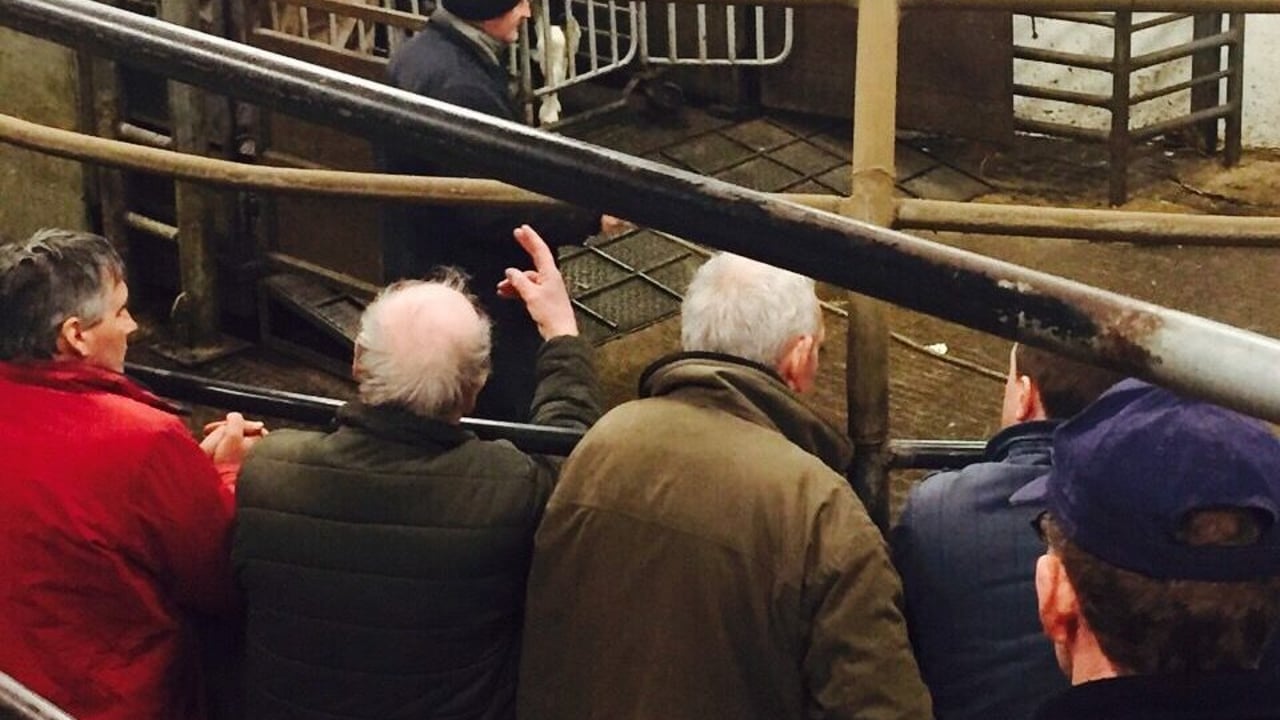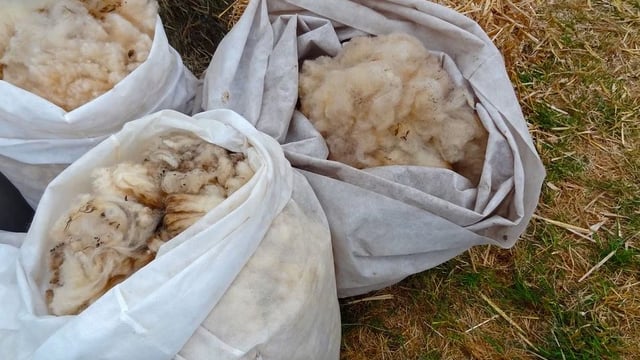Marts reviewing option of listing buyers who fail to pay
Sources in the livestock mart sector have voiced support for identifying livestock buyers who fail to pay for animals, and sharing that information between marts.
Such a list of buyers, if put in place, would be accessible to all marts, so they can identify which buyers are failing to pay in a timely manner, or at all.
However, such a move has only featured as part of discussions among marts, and there does not appear to be concrete plans to put this into practice yet.
While there appears to be some support for this move, there is also an acknowledgement that rules around data protection (GDPR rules) may prove tricky to implementing such a list.
The possibility of a list of this type has been mooted at a forum-style meeting between representative of marts and the Property Services Regulatory Authority (PSRA).
The PSRA is the statutory body with responsibility for licensing and regulating the property services sector in Ireland.
It is understood this forum has met three times since early January or late December, and that a further meeting is scheduled for next month.
This forum, as well as a special 'seminar' held by the PSRA for mart personnel on May 11, arose out of an ongoing issue in the livestock mart sector around the financial aspects of mart management.
One of the most pressing issues, it is understood, is the non-payment for animals by a cohort of buyers. This in turn puts pressure on the mart to meet its statutory requirements on keeping their client accounts balanced.
On the flip side, many marts are also facing an issue of cheques being lodged with them and then left there uncashed for long periods of time. Because of how marts are regulated, these cheques must be left untouched until such time as they are cashed.
It is also understood that the forum discussed a phasing out of cheques as a method of payment. However, the mart sources suggested that this would not be an appropriate or necessary measure.
The sources acknowledged that the PSRA is engaging positively to address issues of financial management, and that it is an issue that requires resolving.
However, there is also a sense among mart managers that the degree to which they are regulated, compared to other private enterprises, is not appropriate.
For example, the regulation preventing cheques in one client account from being used for any purpose, except making a payout for that account, contrasts with other businesses, such as meat factories, which can use their revenue without the same level of restrictions.
The same sources suggested that marts should not be treated in the same way as estate agents or other types of businesses in the property services sector.
Many marts around the country are members of the Irish Co-operative Organisation Society (ICOS).
In a statement to Agriland, an ICOS spokesperson said: "Along with other representative bodies, ICOS is a participant in the mart forum established in co-operation with the PSRA.
"The marts welcome ongoing information and guidance from the regulator in line with best practices in corporate governance," the statement added.
The ICOS spokesperson went on: "Livestock marts in Ireland play a crucial role in supporting fair competition in the sale of animals.
"They provide a transparent and competitive platform for trading livestock, ensuring that sellers have a broad audience of potential buyers, which helps to achieve best value for their livestock."
"All of these initiatives must be designed to reinforce the strong position of marts as the premier venue to buy and sell livestock," ICOS said.





